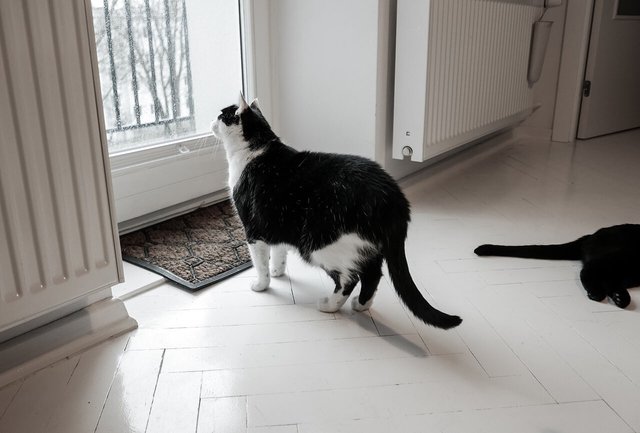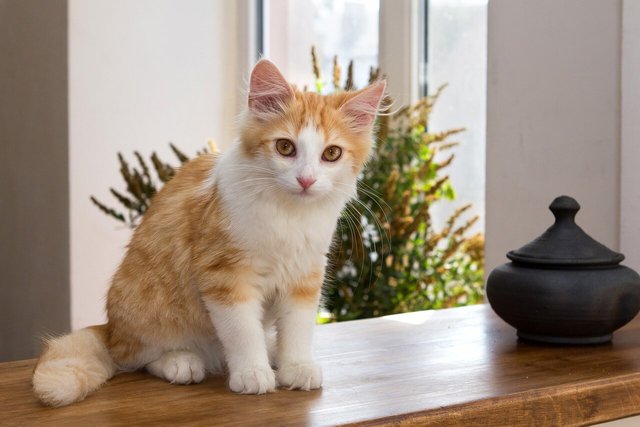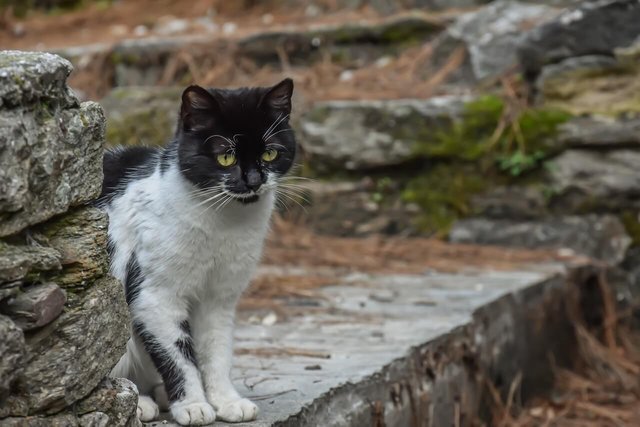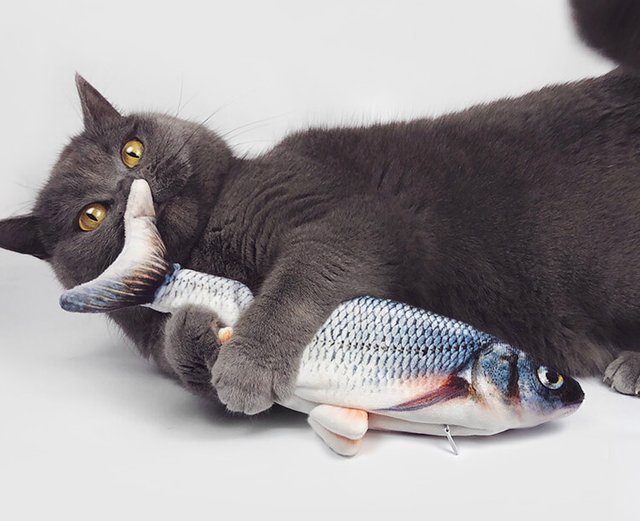Do Cats Miss Their Owners?
Do Cats Miss Their Owners?

It’s well known that dogs are the most loyal pet companions and they will readily guard their keep while missing their owners. Coming home to an excited pup after a long absence will show emotions of rejoice and happiness as dogs show their feelings of missing their loving owner. Japanese true story and movie, Hachiko, is a retelling of the loving relationship between a dog and owner after a tragic and sudden passing. Hachiko waited in the same spot where it hoped to reunite with its owner for years. It’s a moving and heartfelt story that reflects the beautiful bond between humans and animals. It might be though that other animals don’t establish such emotional attachments to their keepers but cats do exhibit deep and emotional bonds, showing that they miss their pet parent and grieve over their passing.
Differences lie in the expression of love, cats display their affection in their own unique styles. Cats are highly alert and pay attention to detail in their surroundings and lifestyle. They will absorb daily habits and quickly analyze various activities, figuring out what needs to be done. Attending meals at certain times is just one example of this observant behavior. Cats recognize their owners and will delegate certain responsibility and trust in their pet parent. Along with such responsibilities comes dependence and a need to communicate. If your cat meows, this is not a call to its peers, it is directed at you. Cats communicate with each other mainly through smell and body language, their highly observant and intelligent analysis causes them to adapt their vocal activity to communicate with their human family, a task that is certainly a few tiers above your Duolingo lessons.

Many cat owners make use of smart technology at home to keep an eye on their cat may even be able interact with their pet depending on device. If you have any form of surveillance at home, you might notice that your cat will idly sit by the front door after you’ve left the premises. They may even wait here for hours until you return and open the door. Prepare to be warmly welcomed with enthusiastic meows and head bumps all around.
Not coming back is something that can unfortunately happen in certain situations. A cat that was waiting for their most loved caregiver will continue to wait and wonder where their pet parent has gone. This waiting period can go one for days, leading to confusion, anxiety and even depression. In some cases, deep sadness can be seen as they mourn the loss of their close one, foregoing food and drinking. Such circumstances can lead to fatal health complications.

Some cats have been observed to not only rely on humans but also desire company as bouts of “separation anxiety” have been observed when a cat misses human company. Cats with separation anxiety will often see a sudden change in behavior and/or emotion. Aggression, howling, sadness, spraying and other abnormal acts may manifest in this period.
Keeping a cat occupied is highly important and it’s important to keep multiple activities and toys in the home to keep them occupied, avoiding separation anxiety. If there are no other animal companions to keep your cat company, there’s a higher likelihood that your cat could face feelings of isolation.

Image: Floppy fish cat toy
How Do You Prevent Separation Anxiety? Feelings of isolation and experiencing separation anxiety are not something we want our cats to go through. Making sure that the living environment is kept both stress free and engaging for our fabulous kitties is paramount. Spending quality time with your cat is essential. Play time, cuddles and plenty of grooming will keep your at feeling happy and loved.
Keeping our cats company round the clock can be difficult at times. Adding a few cat toys is a perfect way to keep them busy until time frees itself up on our busy schedules. Let your cat play to their heart’s content with cat trees, cat scratching boards, wool balls and anything else they might want to get their paws on. If possible, we recommend adding a pet friend so that they may entertain each other but there are a number of considerations before doing so. We will be covering this in the near future. Meow! 🧡
References
Kristyn R. Vitale, Alexandra C. Behnke, Monique A.R. Udell. Attachment bonds between domestic cats and humans. Current Biology 29(18): 864-R865.
https://www.vetfolio.com/learn/article/understanding-behavior-separation-anxiety-in-dogs
Visit - https://aipaws.com

 Steem
Steem  Twitter
Twitter  YouTube
YouTube
 Instagram
Instagram Pinterest
Pinterest Facebook
Facebook